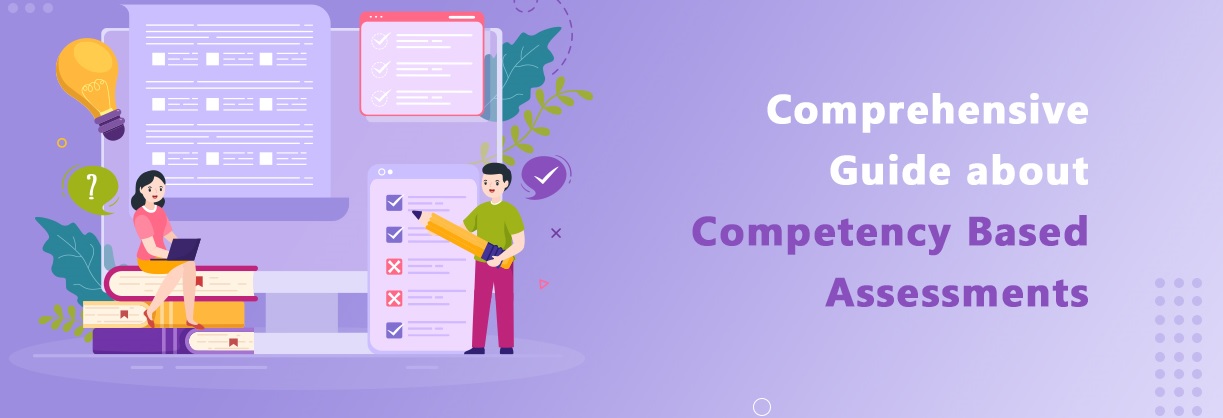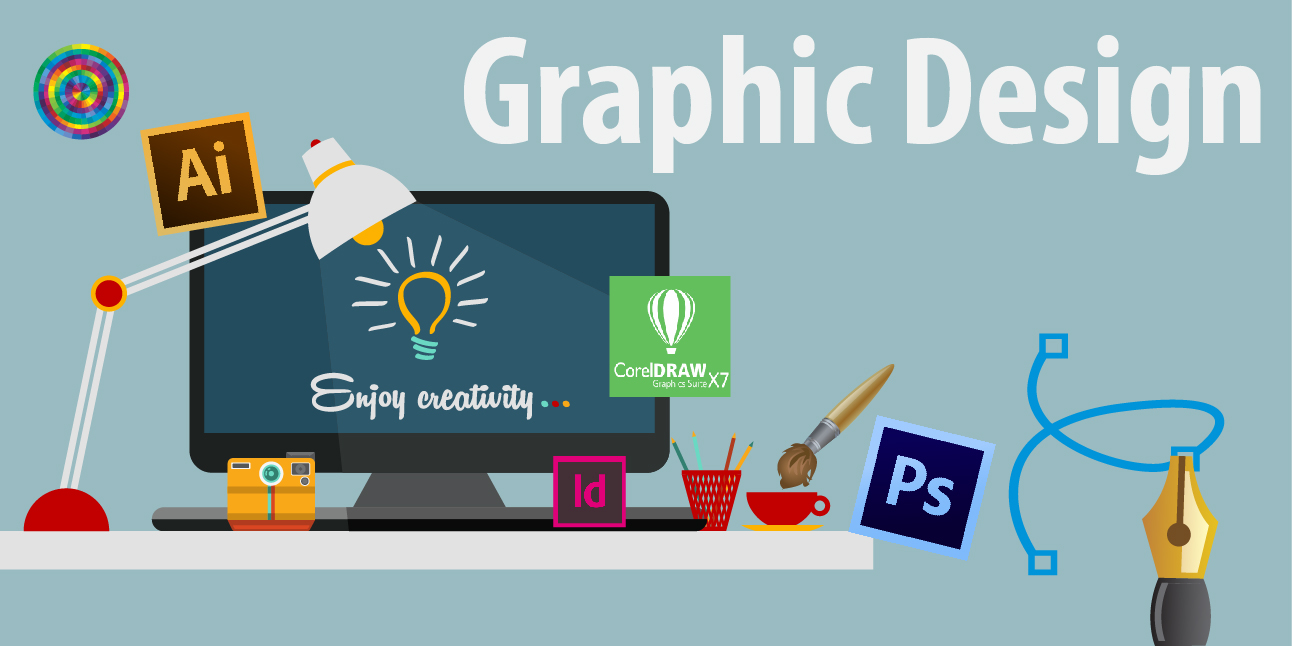
Comprehensive Guide about Competency Based Assessments
Posted on: 20 Jun, 2024
Do you know what the real purpose of education is? Yes, empowering the learners with a set of skills and knowledge to implement in real life to solve real problems. But how do you ensure that the learners can tackle the real-world problems? Right again, assessments! Although nobody loves assessments and exams, they are an integral part of any education system.
Again, when students graduate from schools and colleges, they are less competent as the industrial approach is different from the academics. So, making the learners ready for the implementation of knowledge rather than rote learning has become significant. This is what Competency-based Education is called for! Let’s learn about this exceptional approach in this blog!
What is a Competency based assessment?
Competency based assessment is an approach that concentrates on learning outcomes and achievements of learners, where students are encouraged to apply their gained knowledge to real-world problems. Simply, competency based education highlights how the student is competent in the subject instead of just focusing on grades and the annual curriculum schedule. This is used to evaluate whether students can analyse, apply, and assess the skills and knowledge deliberately gained in the classrooms. This strategic approach evaluates the learner’s ability to perform specific activities subject to their roles. Let’s evaluate the difference between competency based education and the conventional education system:
Factor |
Competency Based Education |
Conventional Education |
| Structure |
|
|
| Grades | Grades are mainly based on the performance of students. | Scores are based on assignments, attendance, behavioural aspects, and exam scores. |
| Learning Outcomes | Focus is on deep comprehension of the subject and with application-based illustration. | Focus is on memorization and with the aim of passing the exam. |
How to Design Competency-Based Assessments?
To design competency based assessments, one needs to follow the following steps:
- Identify and mention the Key Competencies
- Reframe them as learning outcomes
- Brainstorm the skills and knowledge to illustrate the competency
- Create assessments
- Identify how the skills must be demonstrated to show competency
- Determine the important evidence of competency and the way of drawing them.
Why is Competency based assessments beneficial?
Competency based education provides myriad benefits, including better engagement and involvement of the students. They are motivated to learn core skills and implement them on their own in real life. Here are some of the major benefits:
1. More seamless personalized learning:
No two students are the same. In a competency-based education approach, the focus is on learning outcomes and not on the journey. This is beneficial as students can control their pacing as they are not restricted by the learning process. When the students think of achieving mastery, they can appear for the test, receive credit for the same, and move forward. This highly personalized journey helps students who are slow learners or working students struggling to achieve a degree while keeping their tight schedules.
2. Skill-based Education:
One of the major benefits of competency based education is that the entire learning process works around competency and not around completing the set schedule. The curriculum is designed around competency with the aim of students being ready for industry. It prepares the students for the real world by equipping them with the implementation of the gained knowledge rather than memorization. Through this, students are capable of skills like problem-solving, critical thinking, and other skills required in the industry.
3. Fairness and Equity:
As the base of the competency based assessments is mastery of skills and knowledge, it promotes fairness and equity. In this approach, each learner is evaluated based on the same background without any bias. The core concentration is on objective evaluation standards; thus, it reduces the chances of bias influences and brings fair judgements.
4. More Engagement:
It improves the engagement factor as it promotes seamless personalized learning. Learners can experience more engagement when they have ownership over the learning. As they have control over the entire learning process, they enjoy the process and feel better engaged with the tailored content.
What are the core principles of the Competency based Assessment model?
A competency-based assessment model is based on 6 main principles. Let’s learn what are they:
1. Emphasize on Measurable Competencies:
Competencies focus on practical implementation of gained knowledge of each subject rather than head knowledge. These competencies are defined well in advance and defined as learning objectives for students. Competency defining process is based on :
- Comprehension of key concepts
- Implementation of gained knowledge to real-life problems
- Mastery of relevant skills
2. Transparency:
Transparency always improves the learning process and in competency based education, students are clear with learning objectives. This transparency brings accountability and ownership. Before starting the class, students are cleared with:
- What are they will learn
- How mastery is defined
- How assessment process will be conducted
3. Individual Support for Students:
In competency-based education, Students have a framework with which they can understand how long they should work on a problem, before asking for help. They also have details about when they have to approach the teacher for help. Also, the curriculum is based on student’s capabilities and they can complete at their own pace. Here, teachers work with student’s weaknesses and try to reduce them and convert them into strengths.
4. Assessment for Growth and Mastery:
Assessments are important and come in different forms. Competency-based assessments are divided into three forms:
- Formative Assessments
- Authentic Assessments
- Digital Content Assessments
5. Equity Before all Else:
Competency based education empowers students with all that they want to reach the same goal. It understands bias and students are empowered based on their personal strengths and weaknesses. Thus, this approach creates a safe and sound culture where all students are considered the same and not judged based on their background, social class, household income, or language.
Final Thoughts!
Competency-based assessment process is continuous, where the student is continuously developed through knowledge and skills. It converts a novice student into an expert so that he/she can prove gained knowledge in real life.
Vidyalaya, a leading name in the EdTech sector, releases products that can make the entire competency-based education process smoother, productive, and more efficient. Our software works through each underlying phase, starting from planning until you get success in your life. Our School Software helps in planning and executing students’ competencies. To ace the process in a technology-oriented way, be in touch with us!






Comments (0)
Post Your Comment